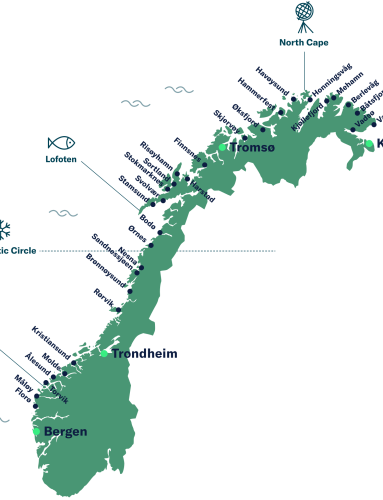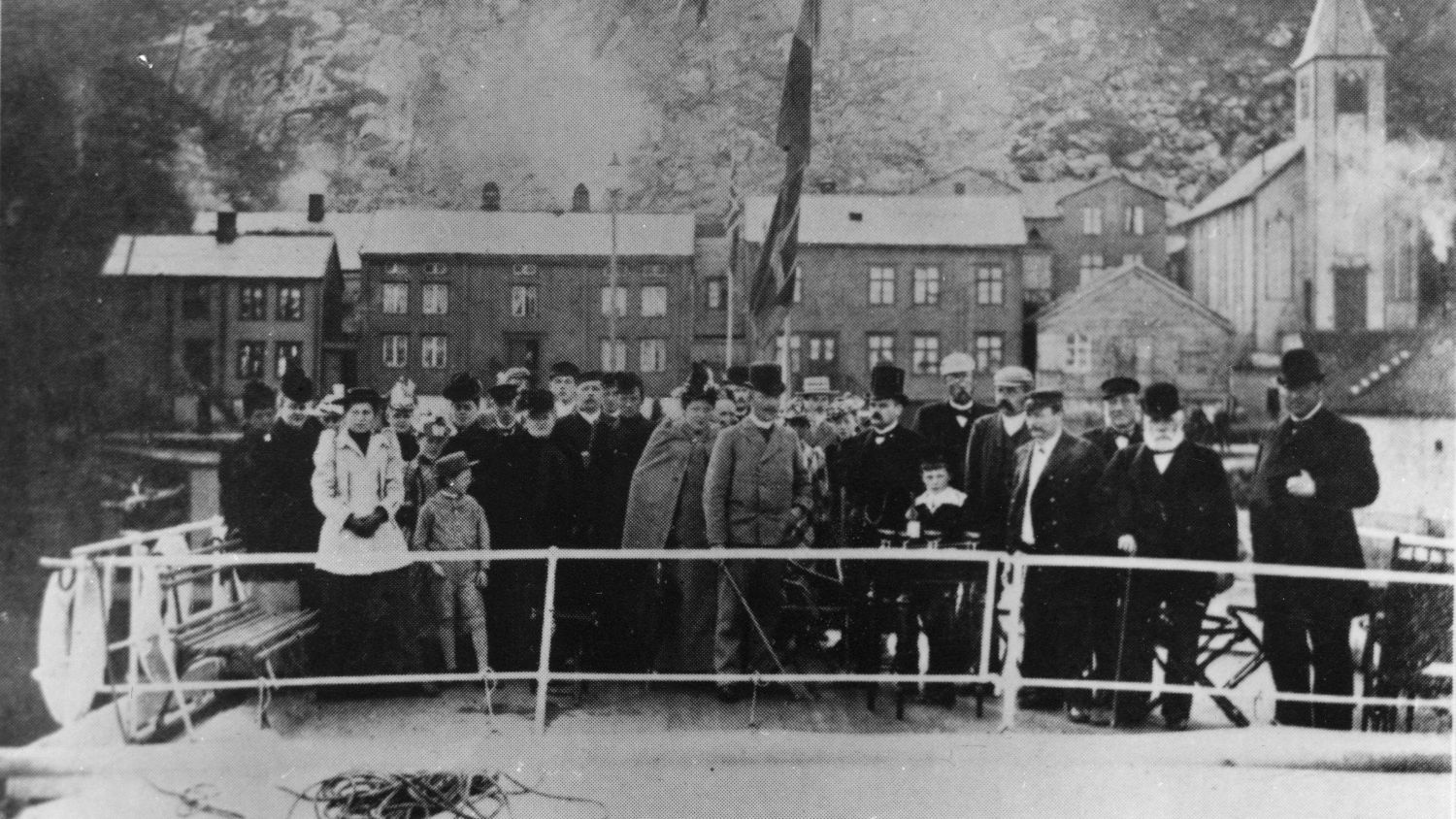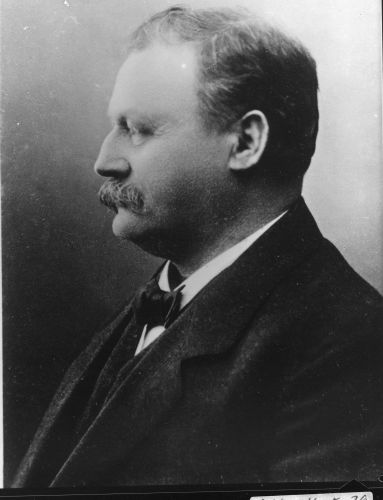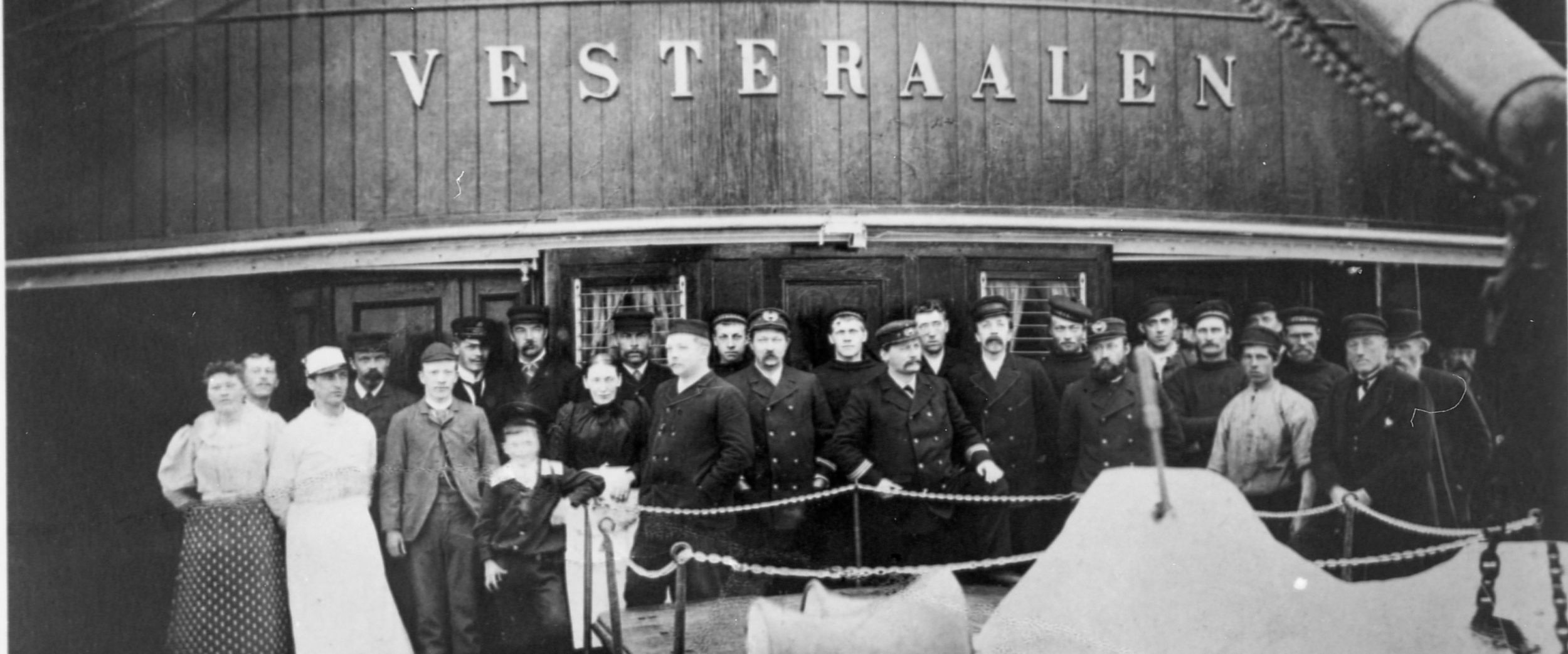The Norwegian Coastal Express
Don't expect a typical "cruise" experience. Expect something more. The Norwegian Coastal Express is a different kind of voyage. The journey, ships, ports and scenery and the history behind it results in a unique, special and authentic experience like no other.
A unique and authentic voyage

The Norwegian Coastal Express starts in the historic city of Bergen, and stretches all the way to Kirkenes. The 12-day voyage covers 2,500 nautical miles, showcasing unique scenes and landscapes that will take your breath away.
Our ships anchors at 34 different coastal ports, both day and night. In smaller locations the stops range from 10 to 45 minutes, but in larger cities you will get more time to explore. Destinations visited at night while heading north can be appreciated in daylight on the way back.
Where it all started
In 1893, the first express shipping route along the long western coast of Norway was established, linking the peoples and communities together.

Since then, many shipping companies have sailed the same route. However, it has become longer, with more ports of call and departtures. Havila Voyages is proud to carry on this 130-year-old tradition on Norway's most significant coastal route with our new, more environmentally friendly cruise ships.
A route for mail, passengers, and goods
In 1838, the first paddle steamer sailed between Trondheim and the city of Tromsø. As a new nation, Norway saw it as a governmental responsibility to connect the country with steamship routes for mail, passengers, and goods. Later on, the government turned operations over to private companies. They received state subsidies, just like it is today.
Faster and better with new technology. Sixty years later, in July 1893, captain Richard With set out on the DS Vesteraalen on the first express voyage from Trondheim to Hammerfest. * He would never have dared to do so without the assistance of Anders Nikolai Holte, a sea pilot who had taken copious notes about the western coasts on previous sailings. (1849-1937). **
By combining the latest technology with Holte’s valuable notes; pilots and navigators along the Norwegian coast were finally able to sail in the dark. To place in modern terms, Richard With spent about the same amount of time on the stretch between Trondheim and Hammerfest in 1893 as we do today, 130 years later. (Of course, there are now more ports and other sailing schedules involved, but the achievement was still impressive considering the lack of sea ground maps and lighthouses.)

The Route Was Extended Several Times
The new coastal express route was a success, and more ships were needed. Several shipping companies got involved; at one stage the task of operating the coastal route was shared by six different shipping companies.
Over the years, the coastal route was extended north and south several times. The first departure from Bergen, the DS Capella operated by DBD, left the city on the 5th of October,1889.
The northernmost port, Kirkenes, was only added to the route in 1908.
Formally “Kystruten” from 2006
After the Hurtigruten Group ASA (shipping company) was established in 2006, the coastal express route – which until then had gone by the vernacular term, “hurtigruten” – was given an official name by the Ministry of Transport: “Kystruten Bergen – Kirkenes” (The Coastal Route Bergen – Kirkenes).
Altogether, the coastal route has had over 60 different ports of call. At present, there are 34 ports on the world's most beautiful sea voyage. Havila Voyages is the tenth shipping company to operate the coastal route between Bergen and Kirkenes.Over time, the route – besides being an important transporter of goods and services – has also become a popular attraction among the many tourists who want to experience the beautiful coast of Norway.

* Richard With founded the shipping company Vesteraalens Dampskibsselskap AS (VDS) in 1881.
** After the pilot Anders Holte was employed by VDS in 1881, he discovered that the printed course books of the time were of little use as they did not include local deviations. At the encouragement of Richard With, Holte made notes according to Vesteraalen’s compass and sailing times between each change of course. These notes, written during daily sailings, became useful in the dark as well as in foggy, snowy, and rainy weather. By the autumn of 1883, Holte had already completed his calculations for half the stretch between Vesterålen in the North to Bergen in the West. Soon after, DS Vesteraalen was the first in Norway to start nighttime sailings.